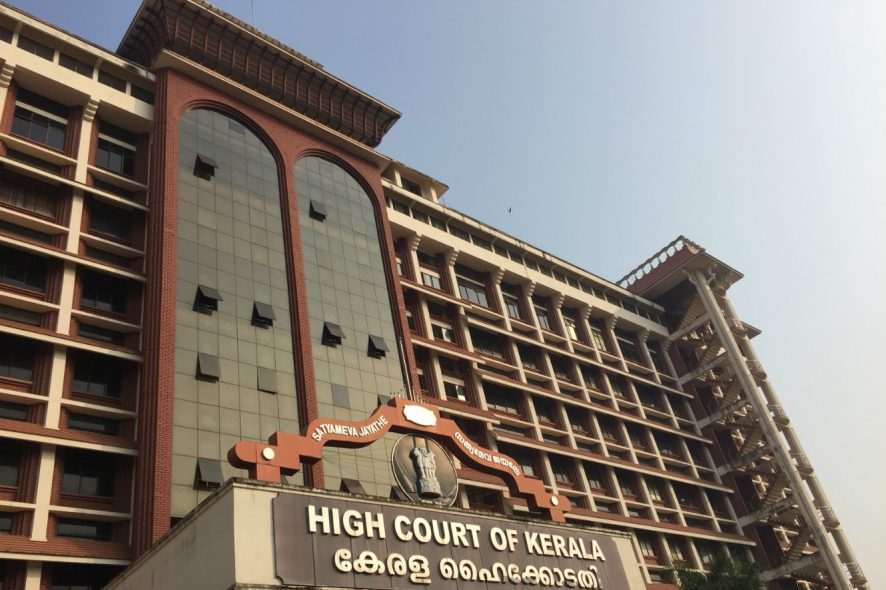
Do Family Courts have to remain as a neutral umpire of the real dispute between the parties? Ker HC decides
- April 3, 2022
- 0

Kerala High Court: Expressing that, Family Court has been functioning in like manner of an ordinary Civil Court, the Division Bench of A. Muhamed Mustaque and Sophy Thomas, JJ., remarked that, family courts have to be impartial or neutral.
This Court noted that the sad plight of the functioning of the Family Court often is portrayed before this Court by challenging the orders invoking Article 227 of the Constitution. Further, the Court stated that the purpose of restricting the challenge to the final order has been lost as the Family Court is more engrossed in passing interim orders focusing on rights, obligations or disputes rather than focusing on the parties before them.
Do Family Courts have to remain as a neutral umpire of the real dispute between the parties?
Answering the said question in negative, the Court elaborated stating that, no doubt judges of Family Courts have to be impartial or neutral, but proceedings or processed are not ordained to be away or aloof from making enquiry to find the truth of the real dispute.
What was the claim in the present matter?
The claim was with regard to the realization of patrimony and recovery of gold ornaments.
On suspecting collusive effort between the husband and wife as against the father and mother of the husband, Family Court ordered an enquiry.
The crux of the present petition was to counter the action of the second respondent who was the father of the husband, who revoked the settlement deed executed in favour of the husband.
Bench elaborated that, what is essential in a dispute before the Family Court is that the Family Court is only to devise a procedure for a fair conclusion of the proceedings.
Further, the Family Court is given complete freedom in devising a fair procedure for the speedy resolution of disputes before the said Court.
High Court also added that, to find out the truth, the Family Court does not require the consent of the parties. If fairness is reflected in any of the approaches, such an approach is clothed with legal protection.
In the Delhi High Court’s decision of Kusum Sharma v. Mahinder Kumar Sharma, 2015 SCC OnLine Del 6793, the power of the Family Court was considered to elicit the truth and observed that it is the duty of the Court to ascertain the truth regarding the true income of the parties and to pass appropriate orders.
With respect to the present matter, the Bench observed that the Family Court was justified in passing order to find out the truth through public officials.
Hence, the Court found no reason to interfere with the impugned order as no jurisdiction error was committed by the Family Court and the order was consistent with the power.
[“source=scconline”]


















